
Circles Aren’t Luxury Self-Care; They’re Community Repair
Circle reminds people they’re not meant to be singular organisms.
They’re meant to be forests.
Rooted. Intertwined.
Holding and held.

Embracing Neurowildness
I’ve been thinking a lot about this word lately - neurowild.
It landed like a remembering.
Like oh… right. That’s what I’ve been trying to say all along.
We didn’t just domesticate animals - we domesticated ourselves.
And some of us just couldn’t.
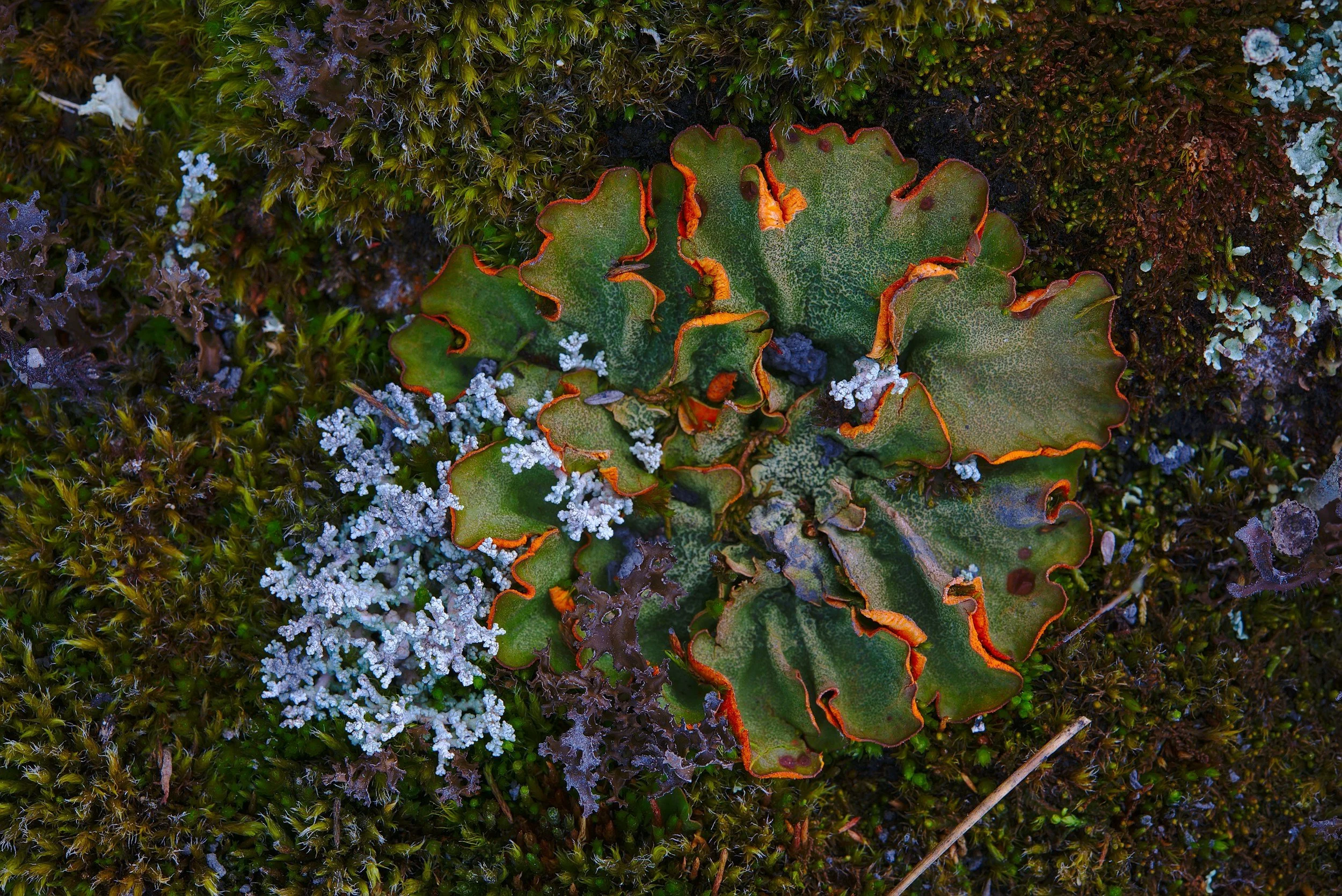
IFS and the Ecology of Difference
Internal Family Systems (IFS) offers something rare and radical for autistic people - a language that doesn’t treat difference as disorder, but as ecology. A map that says, you were never broken, only living in a world that mistook your wildness for error.
When practised with curiosity, respect, and flexibility, IFS can help autistic systems unmask, unburden, and return to a sense of wholeness that feels grounded and true.

I Found a Rock at the Beach…
Over the past year I’ve been exploring what it means to belong to the world, to care for it even when it’s breaking, and to keep noticing small miracles in the middle of it all.
This reflection came after a walk on Bracklesham Beach, where I turned left instead of right and found something unexpected in the shingle.

Why Therapist Identity Matters (Not the Blank Slate)
Therapists are often taught to be ‘blank slates.’ But neutrality isn’t neutral; it’s privilege. Rooted in whiteness and colonial frameworks, the blank slate erases identity and reinforces harm. For me, as a white, AuDHD, queer therapist, self-disclosure is not indulgence but safety. This post explores why identity matters in therapy, why neutrality so often means whiteness, and how decolonising, neurodivergent-affirming practice can create spaces of recognition, safety, and liberation.
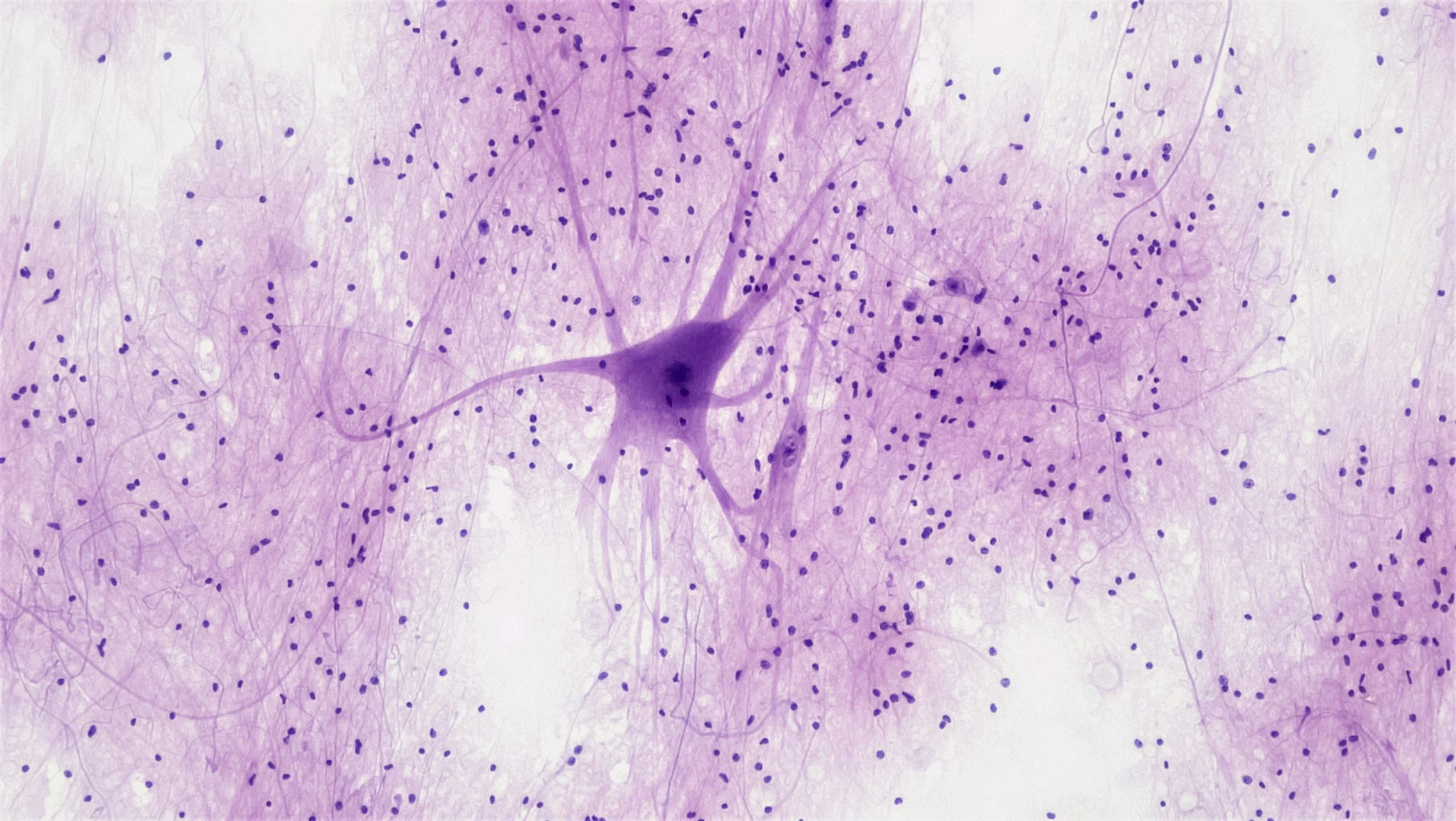
ADHD & IFS: Rethinking ADHD, From Deficits to Neurotype
When I discovered my ADHD in my late 30s, it reframed my life. This blog explores ADHD through the strengths-based VAST lens and how IFS therapy helps us unburden shame and work with our true wiring. ADHD isn’t broken; it’s a neurotype that deserves understanding.
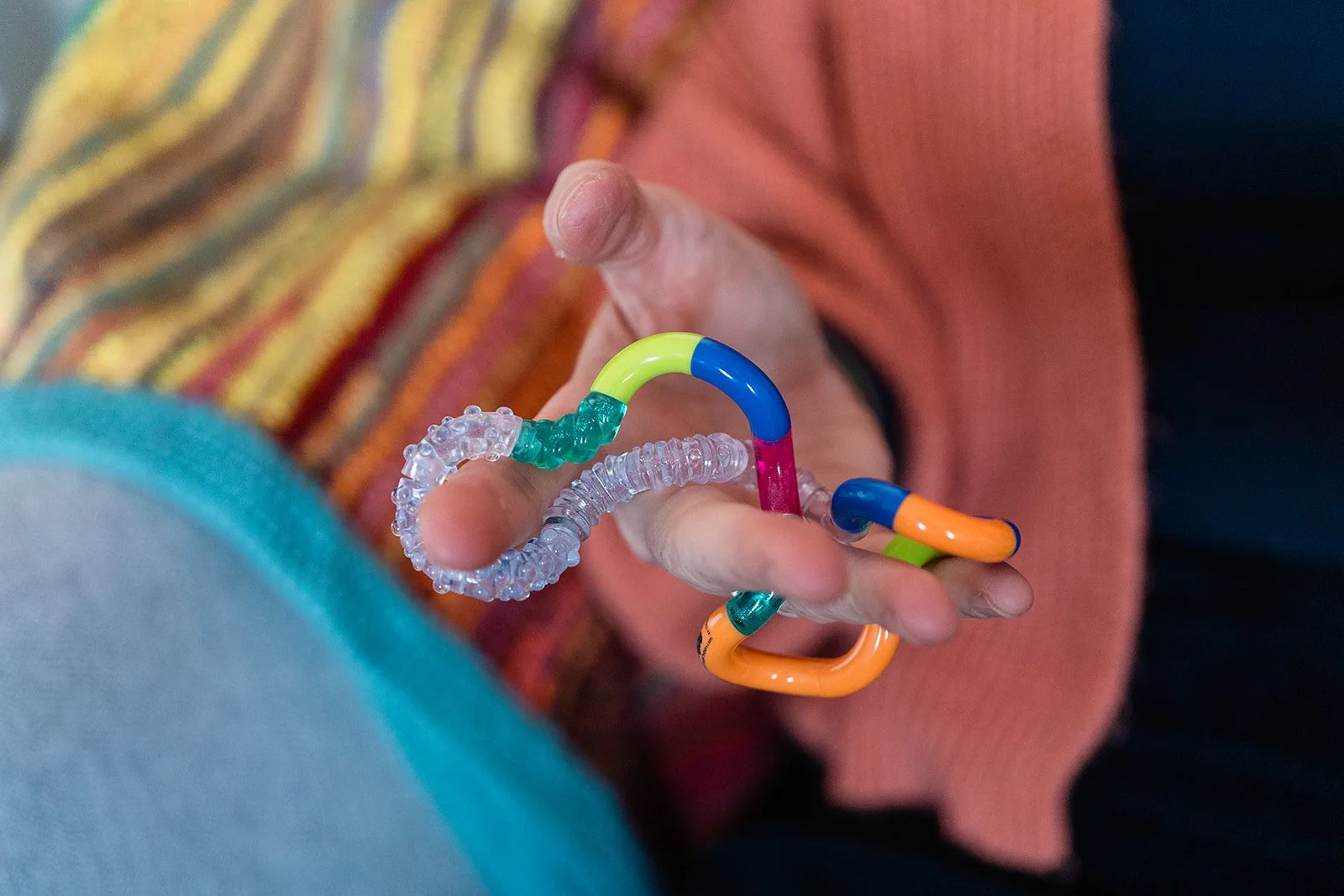
There’s No Such Thing as Neurotypical: Neurodivergence, The Myth of Normal, and the Pressure to Conform
What if no one is truly neurotypical — and what we call “normal” is just a measure of how well we’ve adapted to fit in? In this post, I unpack the idea of neuroconformity and explore what a more spacious, affirming approach to therapy could look like.
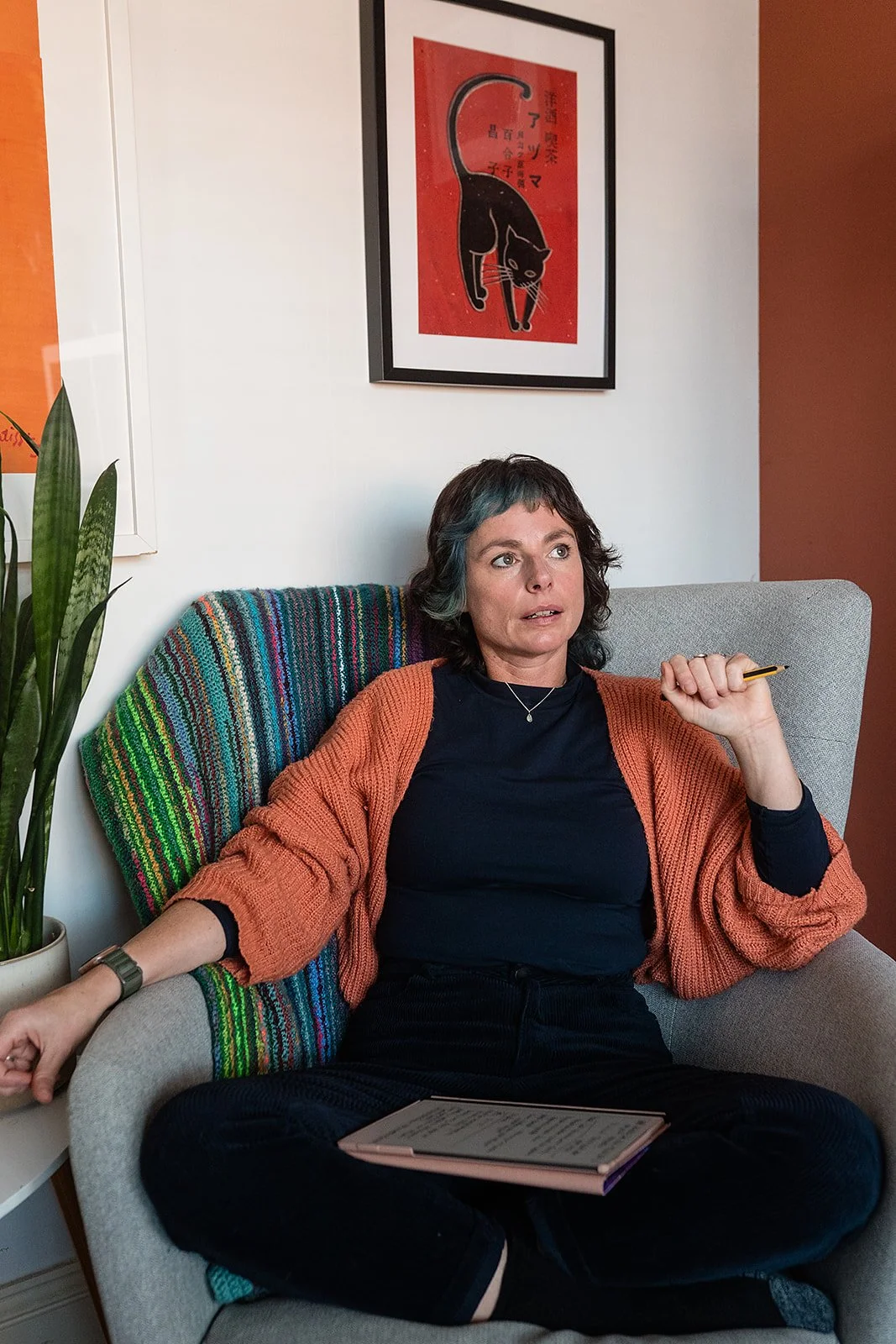
My Experience of Being AuDHD
This blog aims to share a bit of my experience to shed light on the nuanced realities of being neurodivergent in a neurotypical world. My aim is that this might resonate with some, and maybe help to foster understanding and connection among those who share similar experiences while also acknowledging the diverse perspectives within the broader neurodivergent population.

Why IFS works, as a neurodivergent therapist.
In this blog post, I’m going to delve into why I think IFS stands out as a model of therapy generally and why I think it fits neurodivergent minds so well. It is important to say that no therapy is a miracle cure, and no therapist is perfect, so while I say this is a great fit, if IFS isn’t working for you and you are neurodivergent, then you are not doing anything wrong.
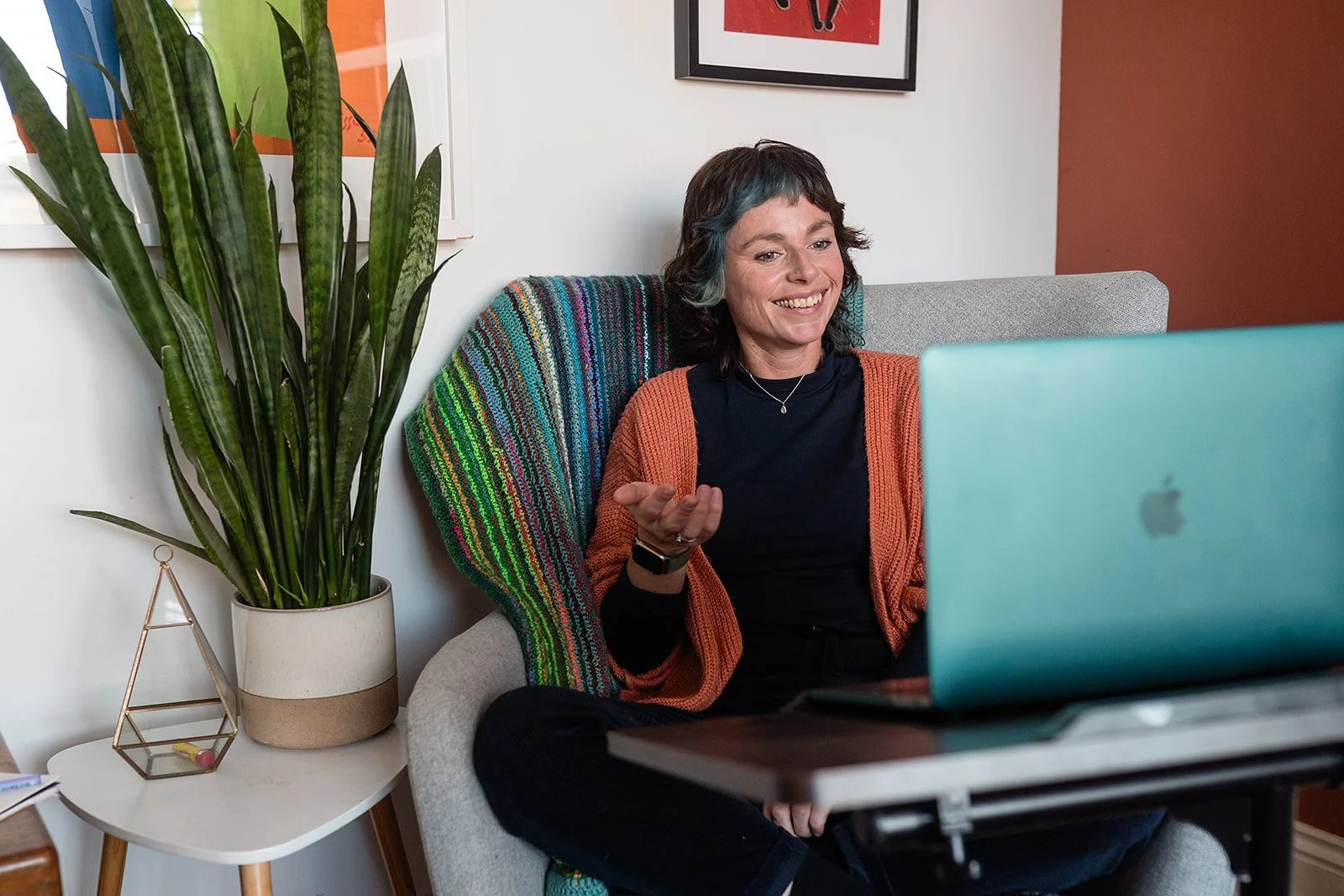
How My Own Experience of Being AuDHD Helps Me Support Neurodivergent Therapy Clients
Therapy can be life-changing, but for neurodivergent people, it often means navigating a world - and a process - not designed with us in mind. As a neurodivergent therapist, I’ve sat on both sides of the room. I know what it’s like to be a client trying to make sense of yourself in spaces that don’t quite fit, and I know what it’s like to hold space for others who’ve felt the same.
